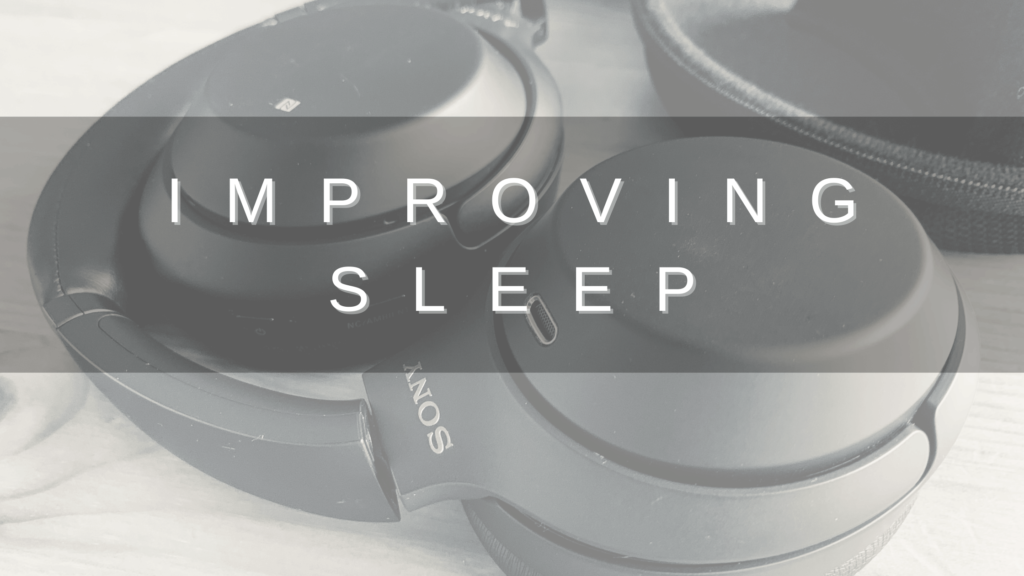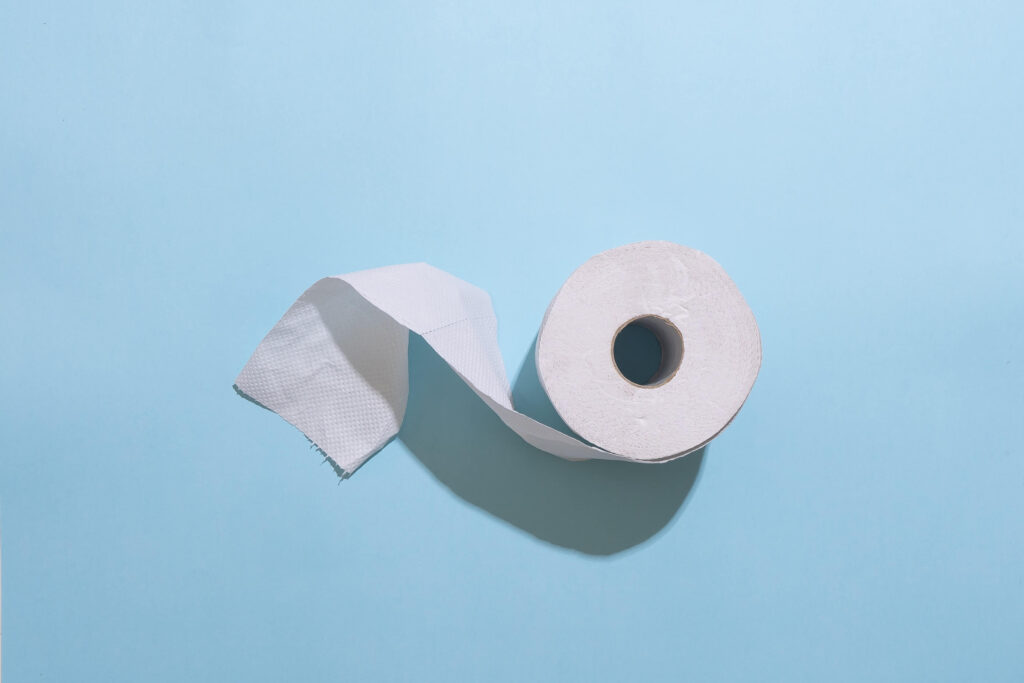Working in the hospital, one of the biggest complaints I hear from my patients is lack of sleep from all the noises in the hallways, beeping IVs, and noisy roommates. I’ve issued earplugs but most won’t use them due to discomfort and poor noise cancelation.
The best noise canceling headphones for sleep still do not yet exist, but in this article I’ll discuss the best headphones based on your sleeping position, pros and cons of noise cancelation, and if they’re worth it.
The best headphones for back sleepers

The Sony WH-1000XM4 are the best headphones for back sleepers due to their great battery life and comfort. I’ve been testing these with the Apple AirPods Max, and they are much more comfortable with similar noise cancelation.
Budget pick
- WH-1000XM3
The WH-1000XM3 has the same features as the WH-1000XM4 but has older bluetooth technology and may have more difficulty with connecting multiple devices.
The best headphones for side sleepers
I have yet to find a good pair of headphones for side sleepers. My current recommendation is to use earplugs.
I prefer Macks ultrashort earplugs. They’re a little more comfortable than other earplugs on the market due to their small fit.
For more information on noise cancelation for side sleepers, continue reading.
The best headphones for hospital patients
Since most hospitals patients sleep primarily on their back, I recommend the Sony WH-1000XM4. They’re the most comfortable pair of headphones I’ve used and perfect for noisy hospitals.
If you have a loved one in the hospital who isn’t sleeping, add these to your list.
Can Noise cancelation headphones cause hearing problems?
If you’ve recently purchased a good pair of noise cancelling headphones, you’ll know that the newest technology can do a much better job than traditional methods.
The problem with noise cancelation is that it’s not well known if the low frequencies can cause hearing problems. Noise cancelation frequencies are low, but it’s not understood if constant low frequencies will cause problems with long term use with activities such as sleeping.
Most experts say noise canceling headphones are safe and the biggest risk to hearing damage is listening too loud.
Noise canceling headphones or earplugs?
If you’re worried about the constant frequencies of noise cancellation and what it can do to your ears, get a pair of earplugs. But if you’re going to buy a pair of earplugs, make sure you choose the right ones.
Ear plugs have a tendency to be uncomfortable due to being too big. In general, most people need smaller ear plugs.
I recommend using a pair that’s a little smaller in size.
Your ear plugs won’t cancel out all the noise, and you will notice quite a difference if you upgrade to a good pair of noise canceling headphones.
If you’re a back sleeper, noise cancellation headphones are your best bet.
If you tend to sleep on your side, you might consider using earplugs to avoid ear pain from sleeping on your side for too long.
The problem with noise cancellation for side sleepers is the large ear cups. If the headphone cups are too large your head won’t rest in the proper position and can cause neck or ear pain over time.
If you’re a side sleeper like me, here are my recommendations for getting a good night sleep.
- Install soundproof curtains
- Consider replacing your windows
- Improve your window seals with caulking
- Find a pair of earplugs that fit properly
Conclusion
As you can see, noise cancellation headphones are not always your best choice depending on how you sleep. You’re usually better off modifying the room or using a white noise machine while wearing earplugs.
For all the back sleepers, noise cancellation headphones can be a great alternative to get the rest you need.
I hope you enjoyed this article, for more tips related to occupational therapy consider subscribing below.

David is the lead editor of OT Focus. He has been practicing as an Occupational Therapist since 2013. He specializes in acute care, hand therapy, and ergonomics.




